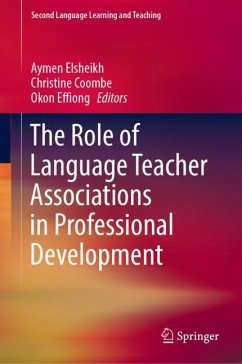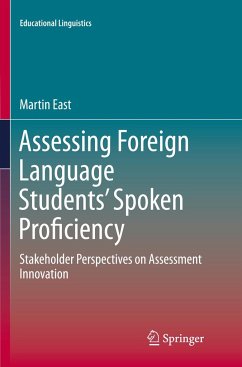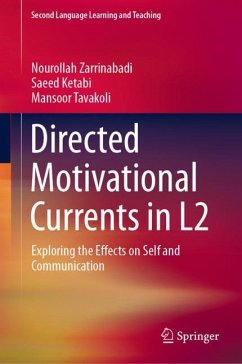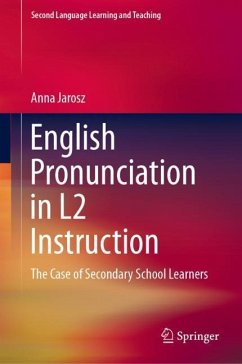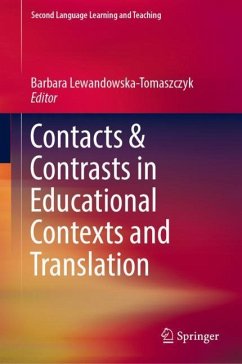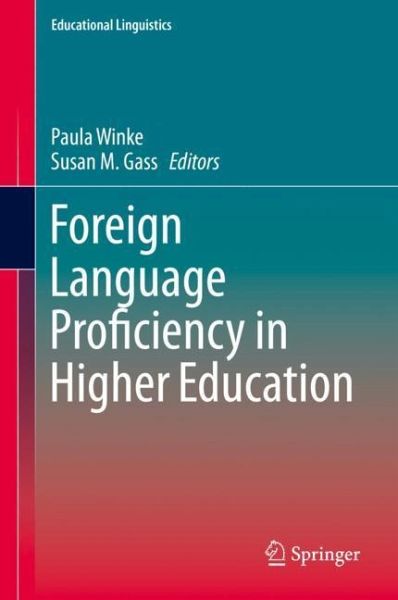
Foreign Language Proficiency in Higher Education

PAYBACK Punkte
65 °P sammeln!
This volume comprises of chapters that deal with language proficiency relating to a wide range of language program issues including curriculum, assessment, learners and instructors, and skill development. The chapters cover various aspects of a broad-based proficiency initiative, focusing on numerous aspects of foreign language learning, including how skills develop, how assessments can inform curriculum, how learners and instructors view proficiency and proficiency assessment, and how individual use of technology furthers language learning. The concluding chapter points the way forward for is...
This volume comprises of chapters that deal with language proficiency relating to a wide range of language program issues including curriculum, assessment, learners and instructors, and skill development. The chapters cover various aspects of a broad-based proficiency initiative, focusing on numerous aspects of foreign language learning, including how skills develop, how assessments can inform curriculum, how learners and instructors view proficiency and proficiency assessment, and how individual use of technology furthers language learning. The concluding chapter points the way forward for issues and questions that need to be addressed.




